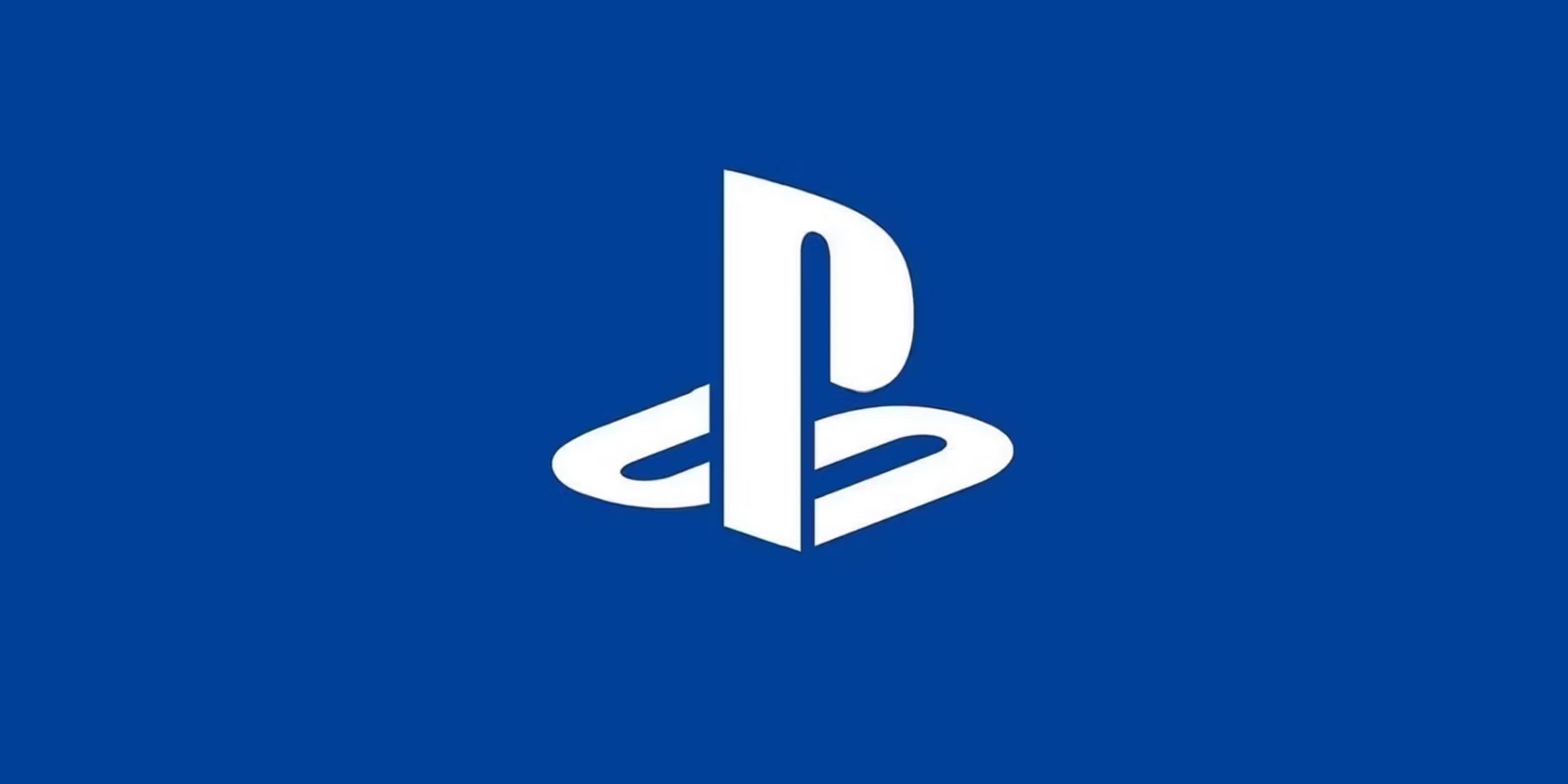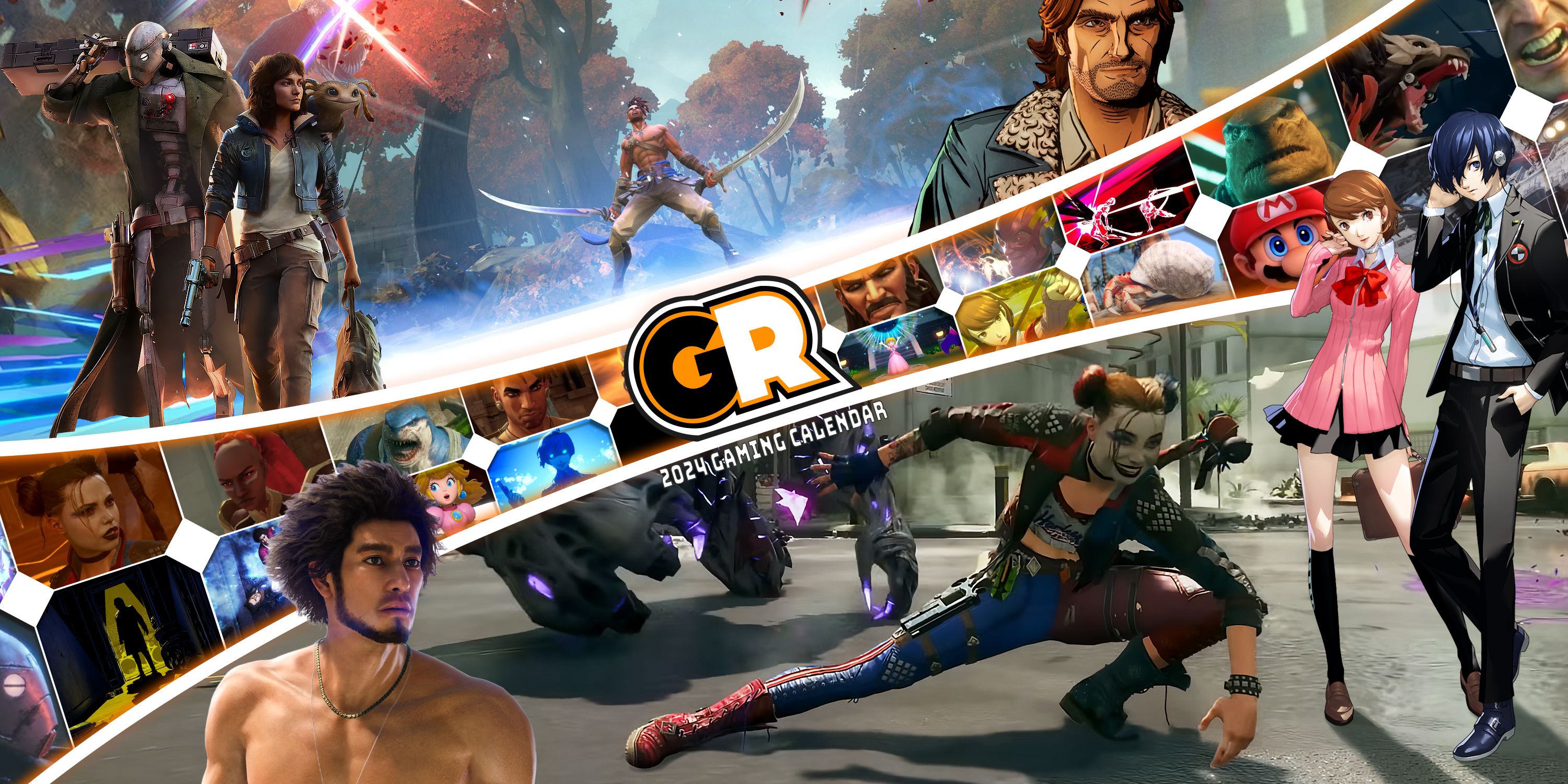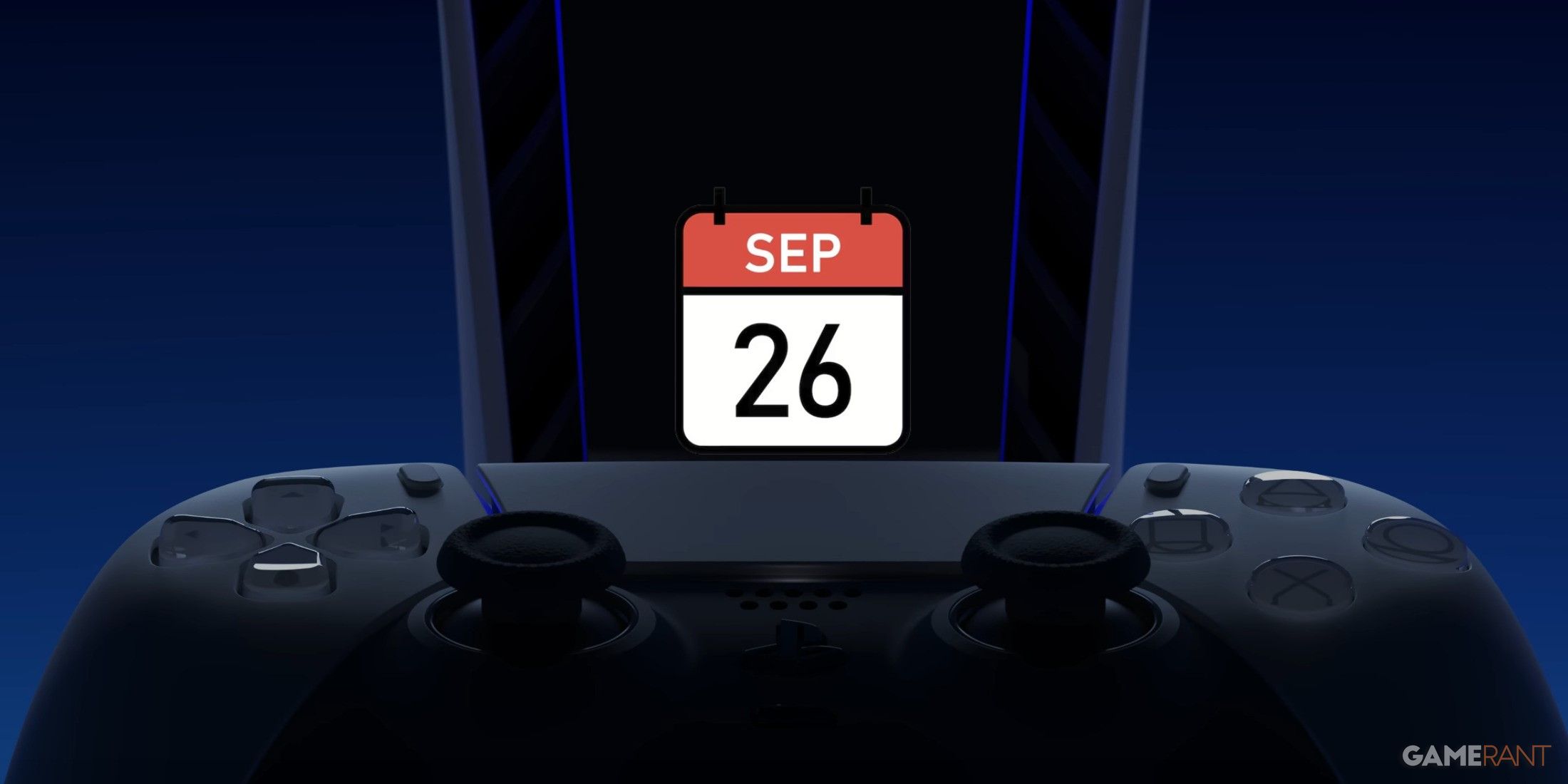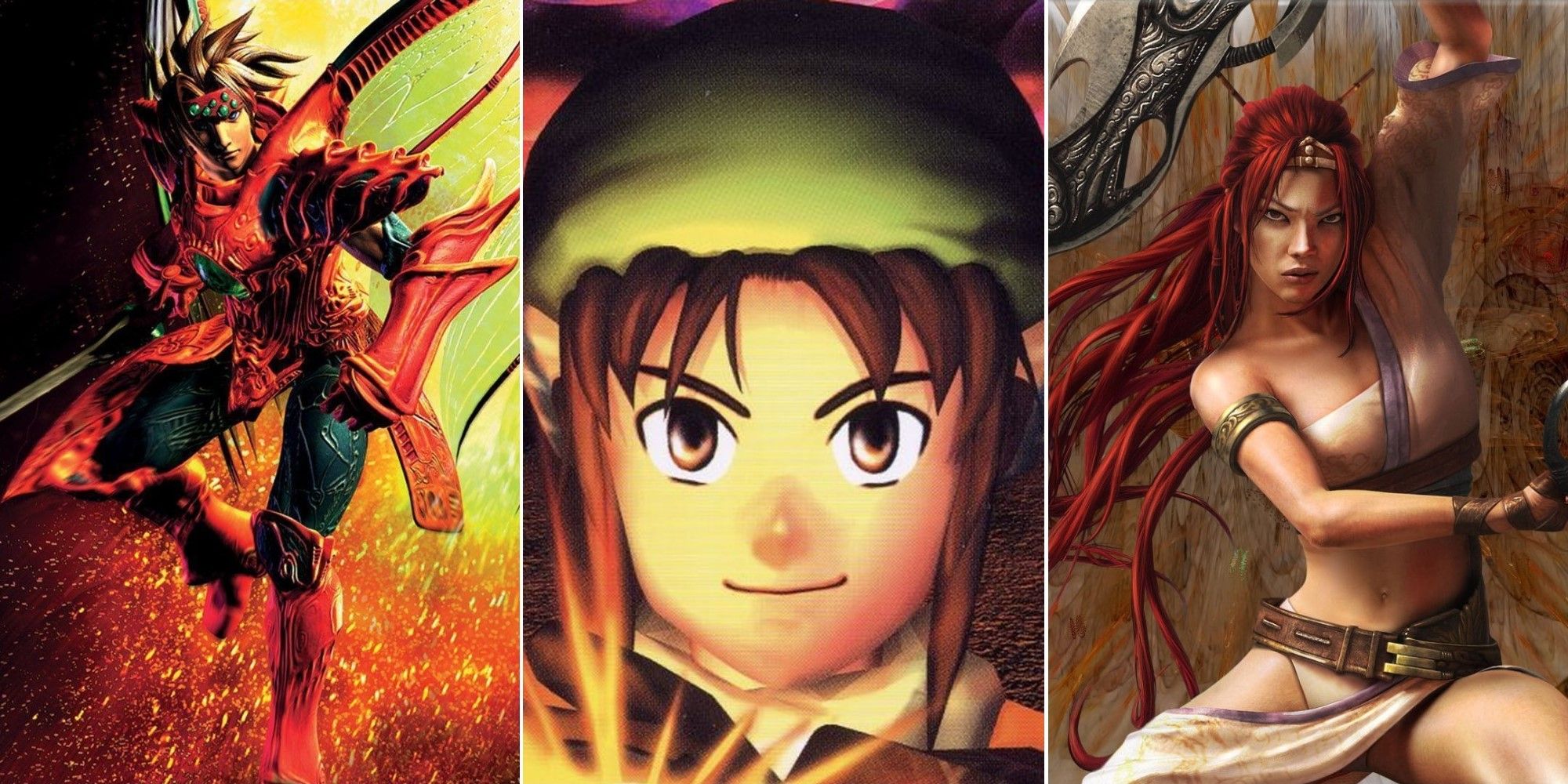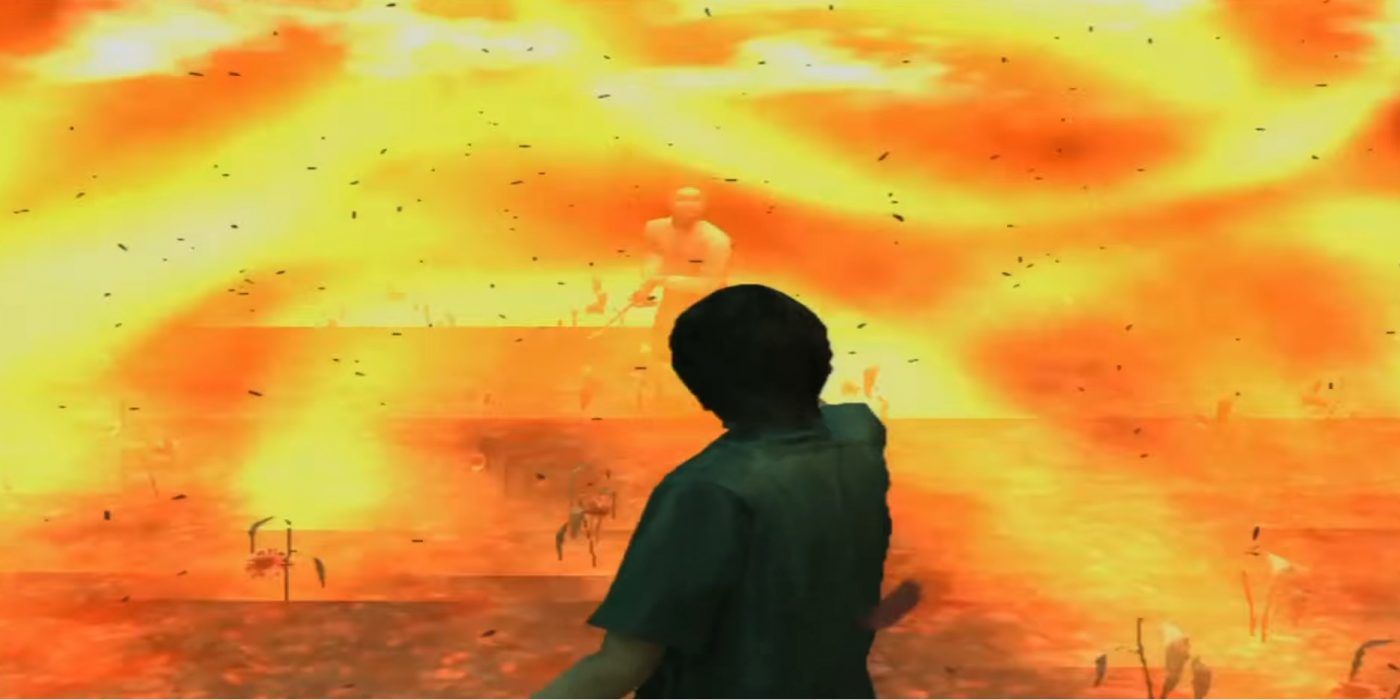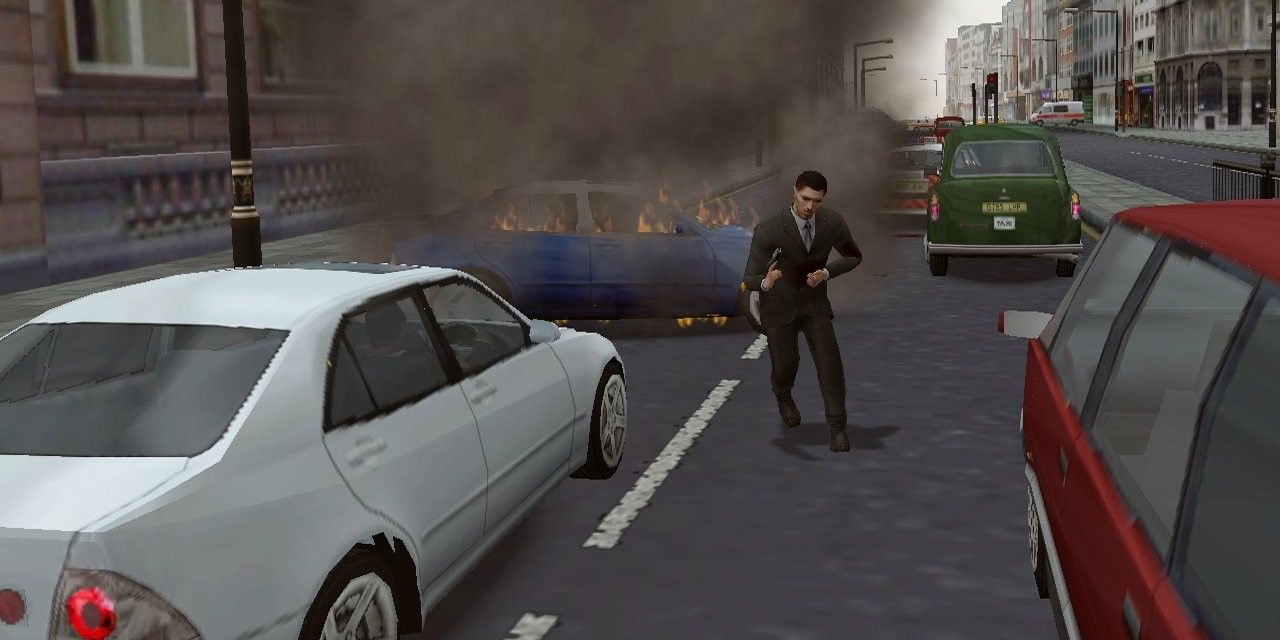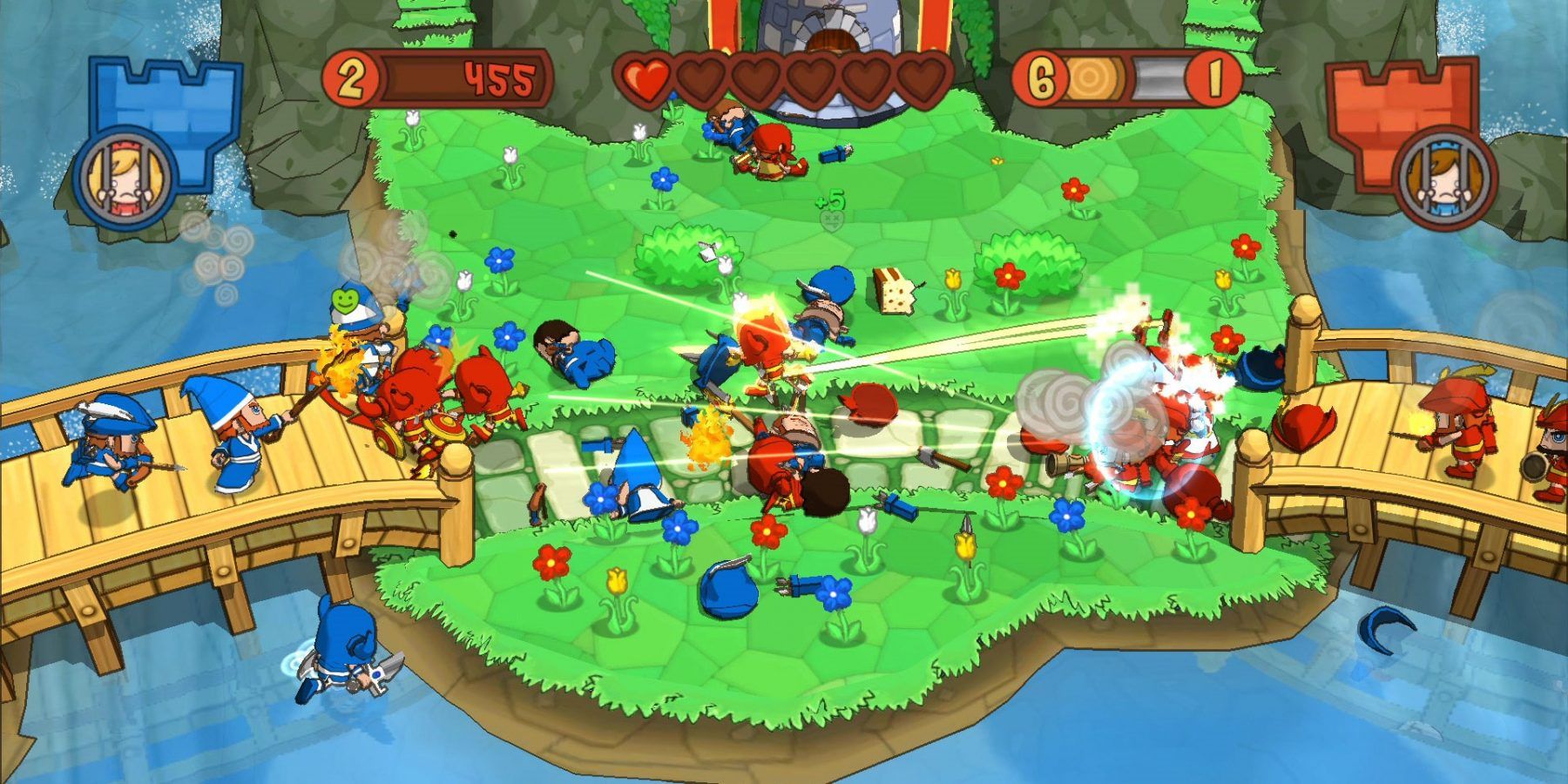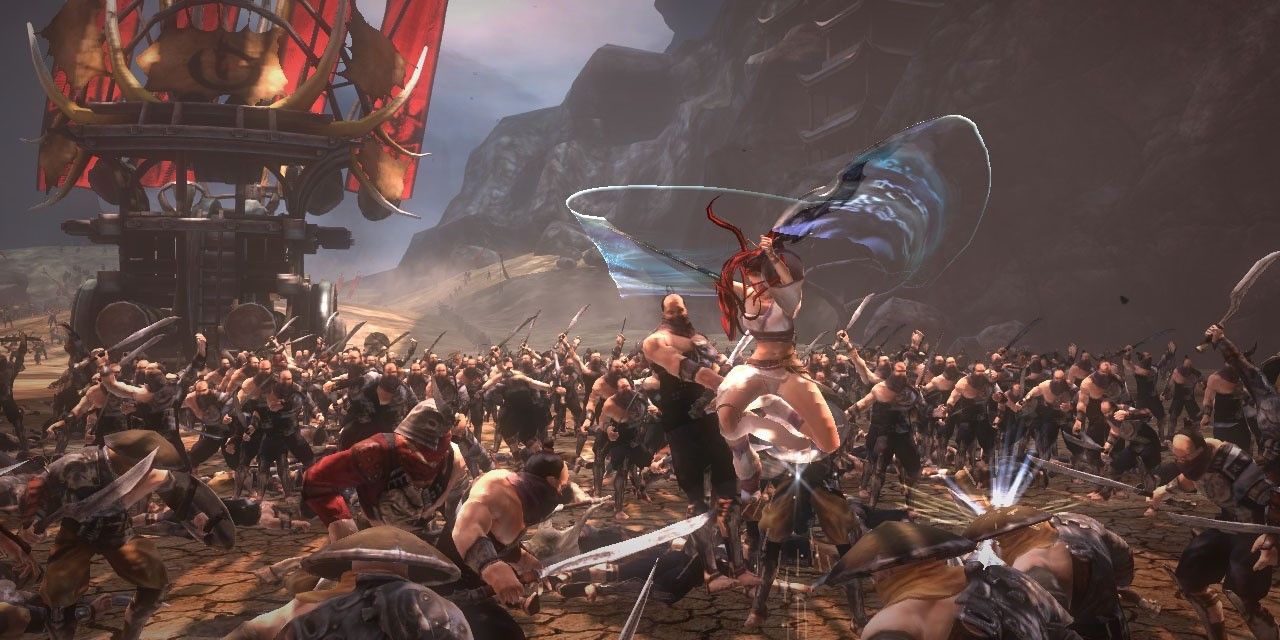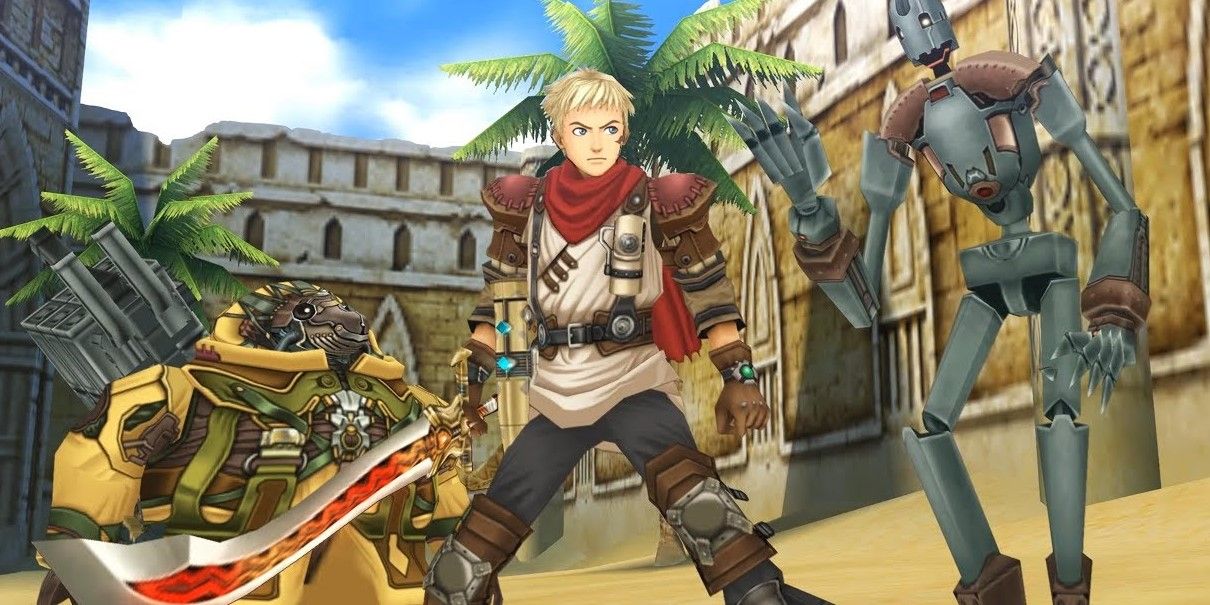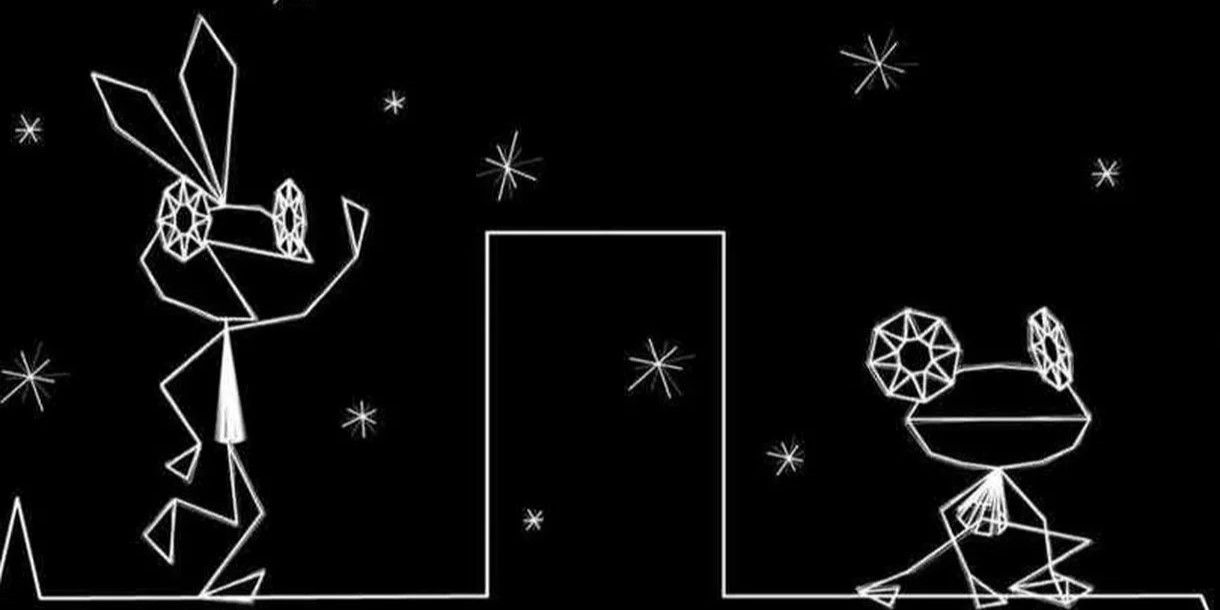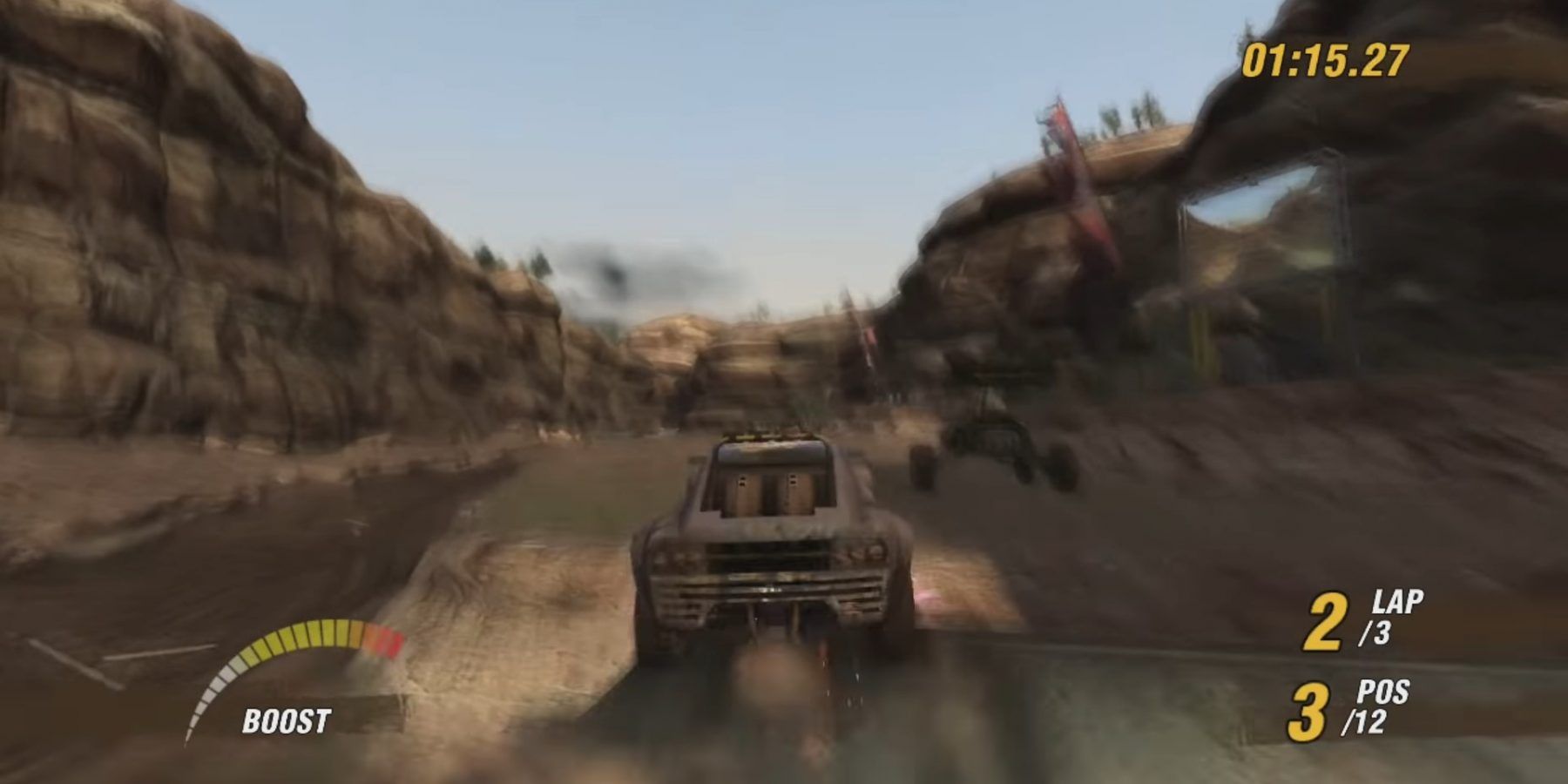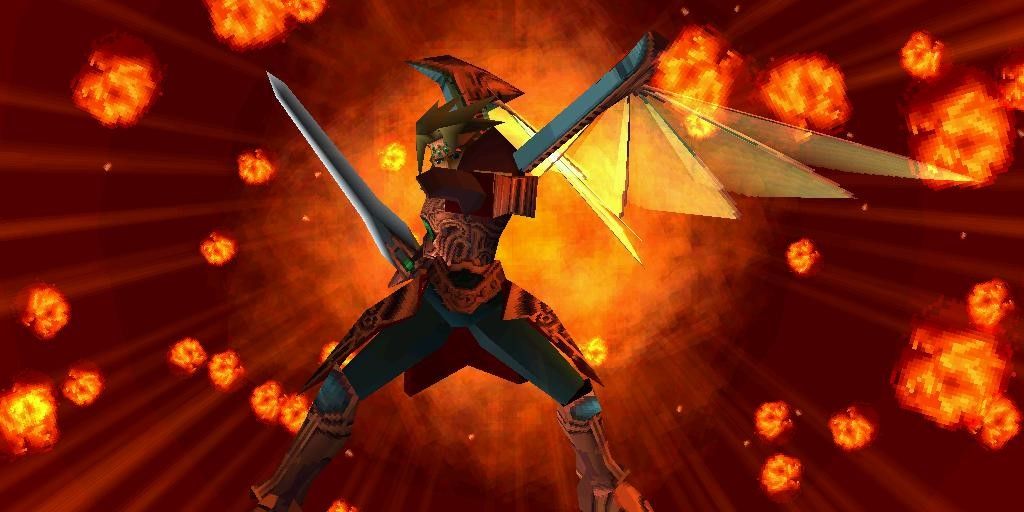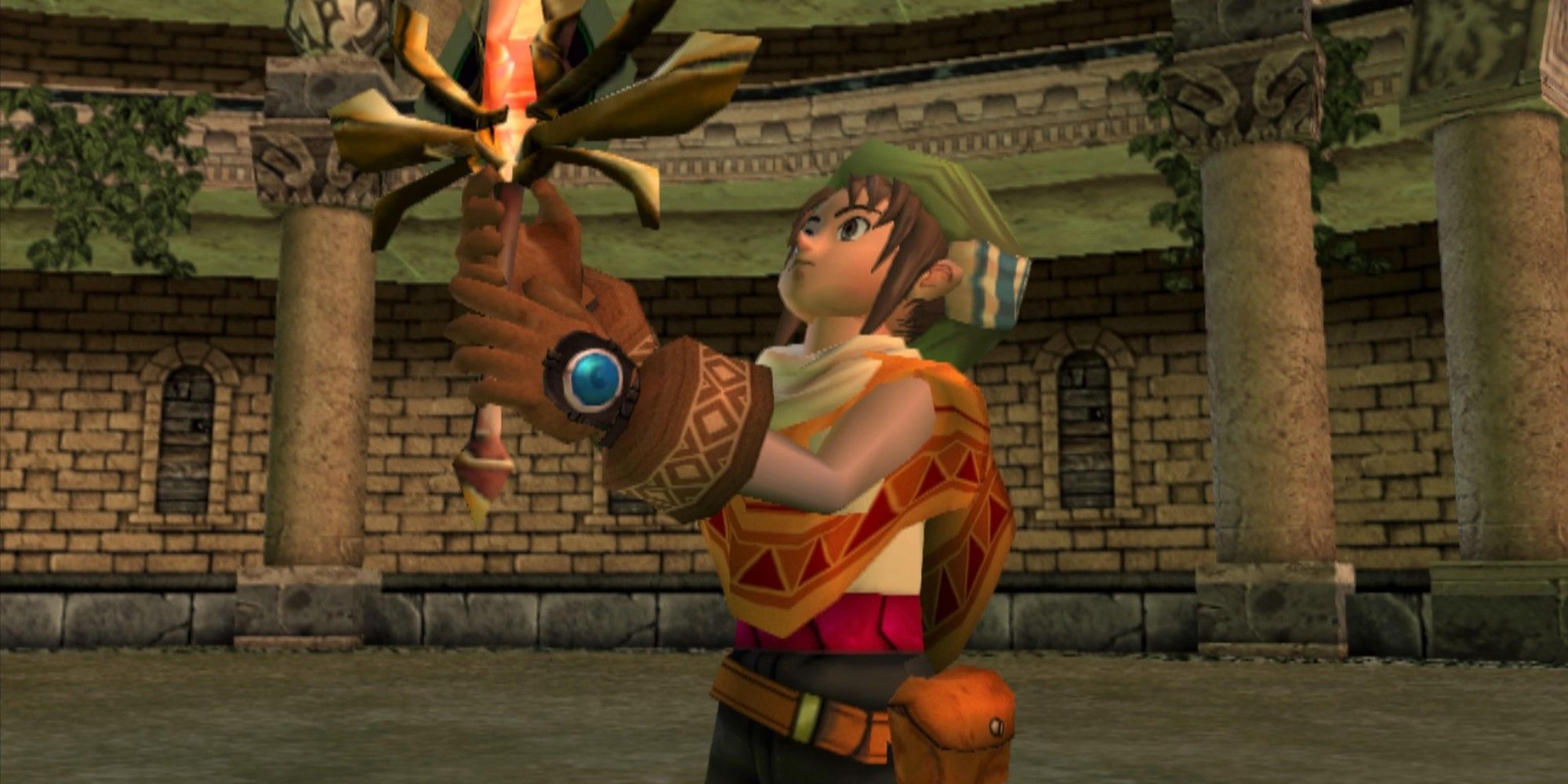Since its inception in 1993, Sony Interactive Entertainment (formerly Sony Computer Entertainment) has established some of the biggest game franchises the world has ever seen. Many are still going strong today, often a decade or two after their first installments.
For every Gran Turismo, Crash Bandicoot, or God Of War, however, there are many other first-party PlayStation games that haven't stood the test of time. Some of them faded away with good reason, but others were great games that didn't enjoy the commercial success they deserved or became series that lost their way a sequel or two down the line (some PlayStation classics didn't get a sequel at all). These forgotten gems deserve to be remembered.
10 Siren: Survival Horror To Test Both Nerve And Patience
In the late nineties and early noughties, movies like Ring and the Ju-On: The Grudge had brought Japanese horror to the world’s attention. Siren was an attempt to ride this wave, as well as to give Sony its own Resident Evil or Silent Hill.
The game is a rather standard survival horror adventure for the most part, though, to the extent that many players and critics found it dated and frustrating (hallmarks of some more challenging genre entries). However, Siren was scary enough to gain a following of horror die-hards, spawning a couple of sequels, a movie spin-off, and even a short-lived manga series.
9 The Getaway: A Gritty, Realistic London Gangster Experience
In 1999, GT Interactive’s surprise hit, Driver, made movie-style car chases into a gaming genre all their own. This ought to have created perfect conditions for Sony’s Team Soho studio, which had been working on its own cinematic chase-’em-up for some time already. Sadly, The Getaway’s development was fraught with difficulties and delays, largely due to the technical challenges of recreating 40 square kilometers of London streets.
Unfortunately for Sony, by the time The Getaway finally launched at the end of 2002, Rockstar had already set the bar extremely high with both Grand Theft Auto III and Grand Theft Auto: Vice City. Sony’s grittier but inferior take on the crime sandbox genre just couldn’t compete, and the series never progressed to the PS3 or beyond.
8 Fat Princess: Capture The Flag Has Its Cake And Eats It
Those few gamers who remember Fat Princess often struggle to recall exactly what kind of game it was. Essentially, it was the perfect game for anyone who’s ever wished that their favorite online multiplayer experience (and there are many chaotic examples today) only had Capture The Flag mode, and that you could feed the flag cake to make it heavier and harder to capture. Yes, the titular fat princesses (there were two; one for each team) were actually “flags” and Fat Princess provided a fun twist on an established formula.
The novelty wore off quickly, though, due to the game’s narrow scope and the fact that making the “flag” harder to capture often meant that matches dragged on too long. The IP still managed to squeeze out a PSP version, and an action-RPG spin-off on the PS4, but that was probably the end of the line for the franchise.
7 Heavenly Sword: Story-Driven Gaming With Character And Style
Sony has always shown dedication to pushing games forward as a storytelling medium, and this early PS3 title was, if nothing else, a strong statement of that intent. Lavish art direction, strong cinematics and some genuinely good acting ensured that Heavenly Sword felt like a truly next-gen experience.
Hack and slash fans may have been a little disappointed in the combat, but that was missing the point. With Heavenly Sword, Ninja Theory was laying the foundations for the likes of 2017's Hellblade: Senua's Sacrifice, which gave mental health matters a crucial voice in game storytelling.
6 Rogue Galaxy: Mass Effect As A JRPG
Level-5 has so many forgotten cult classics in its back catalog that it's tempting to think the veteran Japanese studio is doing it on purpose. Rogue Galaxy was a high-budget, high-profile release back in 2007, but it got quickly overshadowed by the major Final Fantasy and Dragon Quest installments of the era.
Fans hailed Rogue Galaxy's real-time combat as a major improvement over the slow-paced turn-taking of its JRPG rivals, but this epic tale of intergalactic space pirates was nonetheless unable to tempt very many players away from the big-name franchises.
5 Vib Ribbon: A Quirky Rhythm Game With A One-Of-A-Kind Look
This lesser-known cousin of PaRappa the Rapper generates unique levels based on music CDs, which was not only great news for anyone who finds typical rhythm-action music jarring and repetitive, but also allowed near-infinite scope when it came to level design.
The mechanics were very simple, though, so while Vib-Ribbon has sufficient charm to keep players hooked for a weekend or two, most songs/levels started to feel very samey indeed before long. It spawned two Japan-only sequels, then disappeared from sight until 2014, when it was released as a PS1 Classic (one of many) on the PlayStation Store, making it available in North America for the very first time.
4 LocoRoco: Cute Looks And Ingenious Platforming Mechanics
Upon its release in 2006, critics hailed LocoRoco as the definitive PSP game, but after a couple of sequels and declining sales, the franchise fell by the wayside, never quite establishing itself as the PSP mascot it had once seemed destined to become.
Essentially a platformer at heart, the game is based on an absurd yet totally intuitive game mechanic: instead of directly controlling the titular LocoRoco, the player tilts the entire game environment using the shoulder buttons, and LocoRoco rolls around in response. The game's unique genius lives on through a remastered PS4 version, released in 2017.
3 MotorStorm: Arcade Racing Action With Mud, Glorious Mud
Realistic racing sims have been at the frontline of the console war forever, with Forza and Gran Turismo each being major system sellers for their respective platforms. Neither Xbox nor PlayStation has ever managed to establish its own truly AAA arcade racer, though, with EA's Burnout and Need For Speed franchises managing to fend off all challengers.
MotorStorm was a really nice try on Sony's part though. It's big, loud, fast, and has a wide selection of outrageous tracks and vehicles to choose from. While the original game achieved respectable sales, its sequels never really got into gear, and the series' engines puttered out soon after the 2012 release of PSP spin-off Motorstorm: RC.
2 The Legend Of Dragoon: So Many Beloved JRPG Tropes In One Game
In 1997, Final Fantasy VII catapulted JRPGs into the global mainstream and, while Square's mega-hit was a huge boon for the PlayStation in itself, Sony wanted a JRPG legend of its own. Along came The Legend Of Dragoon. The game wears its Final Fantasy influences on its sleeve, but it's no lazy imitation. The game mechanics, production values, and art direction are all excellent. It may not be quite as fancy as the games it borrowed from, but for some players of the time that was a plus.
Whereas Final Fantasy games sometimes tend towards self-indulgent showing off, The Legend Of Dragoon focuses on action and adventure. A sequel was reportedly in the works at one time but was canceled before ever being officially announced. Perhaps a remake may be on the cards for the future?
1 Dark Cloud: Dungeon Delving Meets City Building
Games that combine RPG adventure with settlement building are commonplace these days and, while Minecraft can take the credit for making a trend of it, Dark Cloud was the game to do it first. Unusually for a JRPG, Dark Cloud isn't concerned with epic quests and coming-of-age stories (though the popularity of JRPG tropes has shifted over time).
Instead, it employs a game loop whereby the player delves into randomly generated dungeons, gathered loot, and uses the loot to improve their village, which in turn helps them to tackle ever-more-dangerous dungeons. Dark Cloud may have only spawned one sequel of its own, but it's proven highly influential on many of the developers of today and deserves not to be forgotten.

